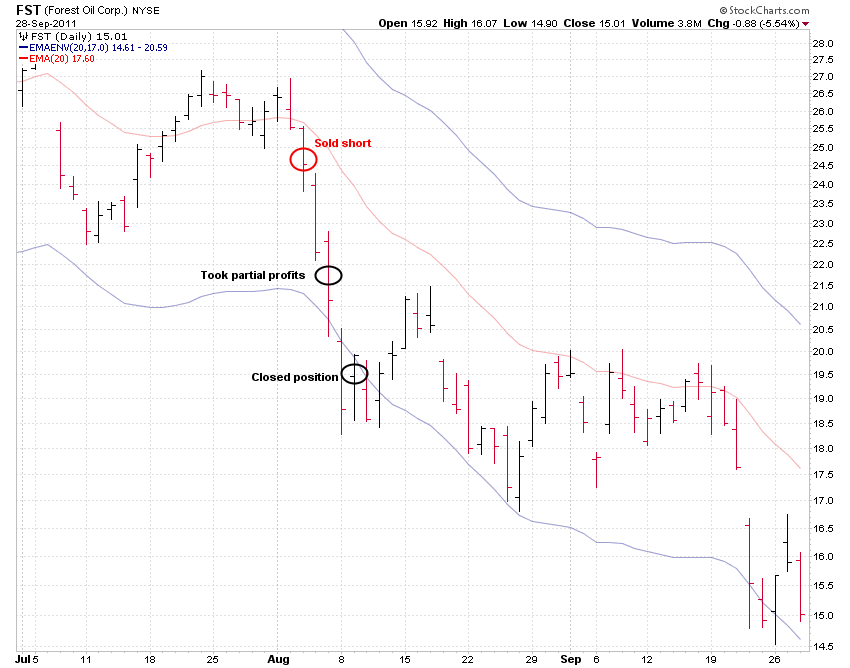By Xavier Bremner
Covestor manager Yale Bock is a keen observer of the global gaming business and has written extensively about the recent dispute between Wynn Resorts (WYNN) and its former strategic investor Kazuo Okada, the chairman of Universal Entertainment Corp. I recently caught up with Bock to get his latest thinking on the Asian gaming market and other matters.
A lot of casino investment has poured into Macau in recent years. What’s the long-term potential?
The reasons why have to do with Macau being so close to China with more than 1.3 billion people and a broader Asian culture that has a long history of believing in luck. Gambling is part of the fabric of society, so games like Baccarat and Pai Gow Poker are very popular, and have been for a long time.
What companies are poised to benefit most from the Asian gaming market?
First, in Macau and Singapore, you have a limited number of licensees such as WYNN, Las Vegas Sands (LVS), and Melco Crown Entertainment (MPEL), and all have a reputation for taking care of gamblers in a first-class manner with top notch facilities. So you have a supply demand imbalance, where there is lots of demand and very little supply available because of regulatory restrictions.
How does this contrast with Las Vegas?
In Las Vegas, a totally different situation exists. There are numerous operators: LVS, WYNN, MGM Resorts International (MGM), Harrah’s and Caesar’s, and the casinos owned by private equity like Colony Capital, or hotel groups like Starwood (HOT).
In Las Vegas, there are different markets, but essentially the town gets 35-40 million visitors a year, and you have the local market. In China alone, with more than 1.3 billion people, just ten percent of that total greatly exceeds the size of the yearly number of visitors to Las Vegas.
Does the economic slowdown in China factor into your outlook for Macau?
I would suspect Macau will fluctuate somewhat with the Chinese economic roller coaster, but for the most part, barring some unexpected event, gaming should stay strong. (Let me also caution I have never been to Macau or China either, so this is entirely speculative on my part.)
How do you see conflict between Steve Wynn and Okada shaking out?
I think Wynn made a major mistake in how he dealt with Okada, so I think from a licensing perspective, it is hard for me to see how this helps him. Same thing with Okada: The groups which could benefit would be MPEL, and maybe MGM and Harrahs. War typically is not a beneficial activity for the participants, especially when fighting someone of relatively equal stature.



